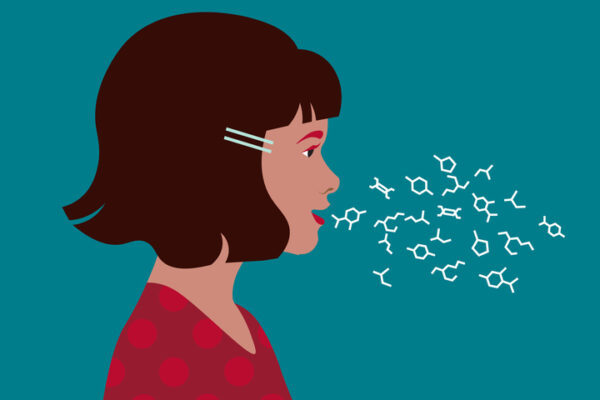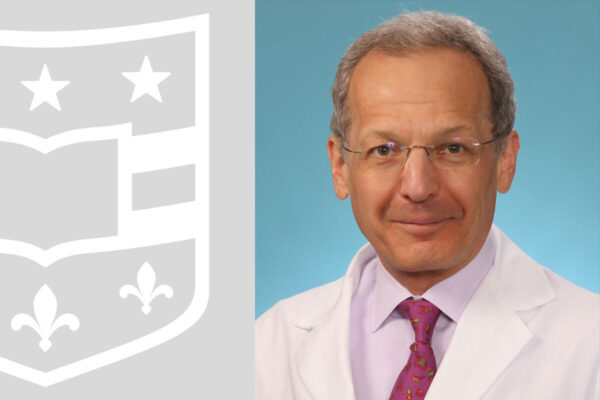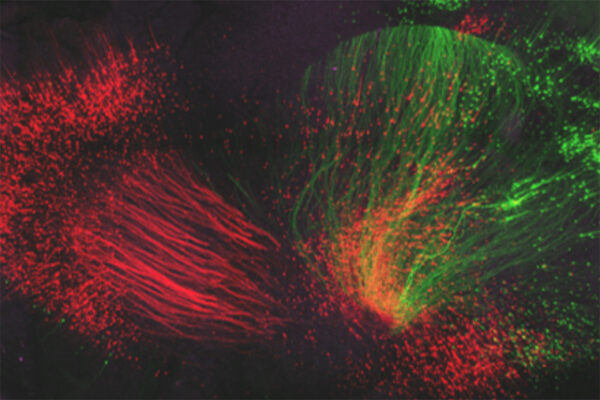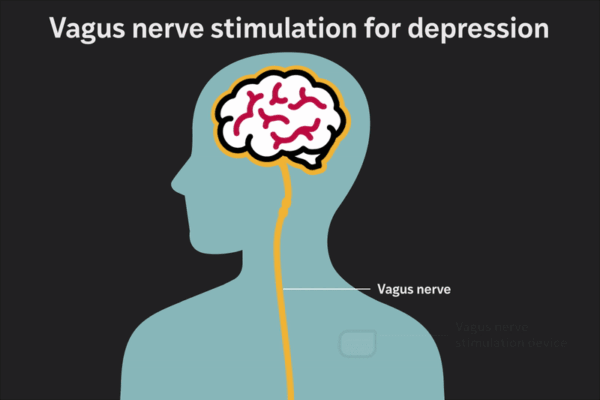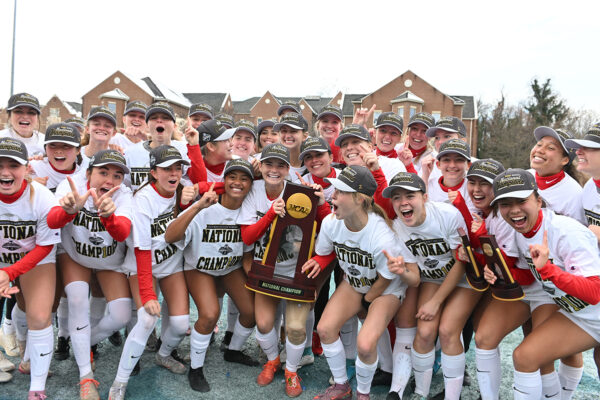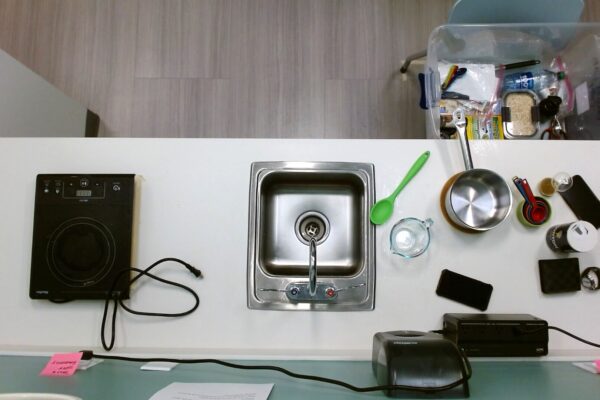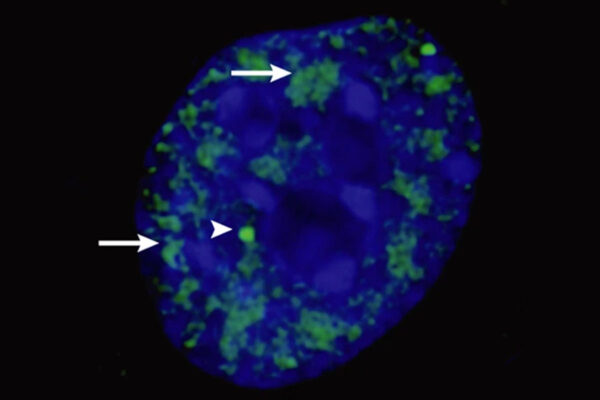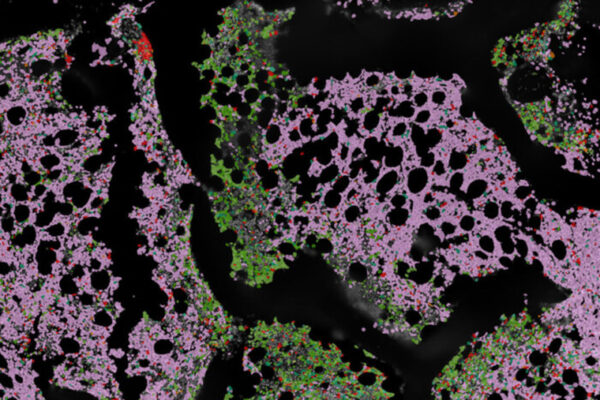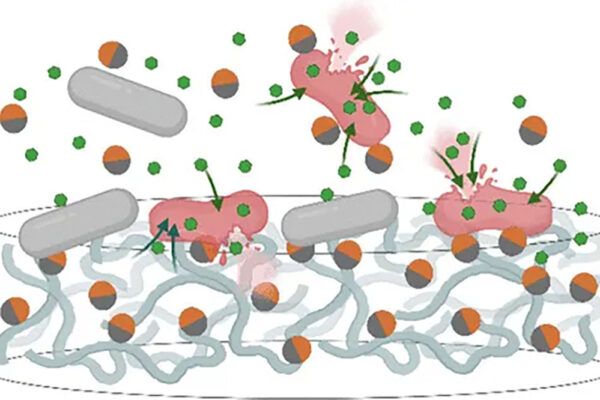Breath carries clues to gut microbiome health
Researchers at WashU Medicine and Children’s Hospital of Philadelphia have shown that disease-associated bacteria in the gut can be detected through exhaled breath. The findings could pave the way for a rapid, non-invasive breath test to assess gut microbiome health.
Klein recognized by Endocrine Society for outstanding research
Samuel Klein, MD, the William H. Danforth Professor of Medicine and Nutritional Science at WashU Medicine, has received the Endocrine Society’s Outstanding Clinical Investigator Award.
Applications sought for Neuroprep Scholars program
Recent graduates, and undergraduate students who are close to graduating, can apply to be part of a two-year post-baccalaureate neuroscience program at WashU. Applications are due by March 9.
WashU named Focused Ultrasound Center of Excellence
Washington University in St. Louis has been recognized as a Focused Ultrasound Center of Excellence by the Focused Ultrasound Foundation.
Implant provides lasting relief for treatment-resistant depression
In a new study, WashU Medicine researchers show that vagus nerve stimulation provides substantial, long-lasting relief to some people with the most severe treatment-resistant depression.
2025 in review: a look back at WashU’s top stories
In 2025, the WashU community made new discoveries, celebrated new victories and launched new efforts to make the globe safer and healthier.
AI ‘CHEF’ could help those with cognitive declines complete home tasks
A team of WashU researchers has integrated two novel vision-language models that create a potential AI assistant that may help people with cognitive decline cook meals and remain independent.
Spying on speckles
Researchers at Washington University in St. Louis have investigated how assemblies of molecules called microphases could be a useful target in developing treatments for neurodegenerative disorders.
Inflammatory immune cells predict survival, relapse in multiple myeloma
Researchers at WashU Medicine and their collaborators have created an immune cell atlas of multiple myeloma, a cancer of the bone marrow. The new resource could improve prognosis and guide development of new immunotherapies.
Reviving antibiotics with two-faced nanoparticles
A team led by Yan Yu of Washington University in St. Louis developed a double-pronged approach to fighting antibiotic resistance.
Older Stories
